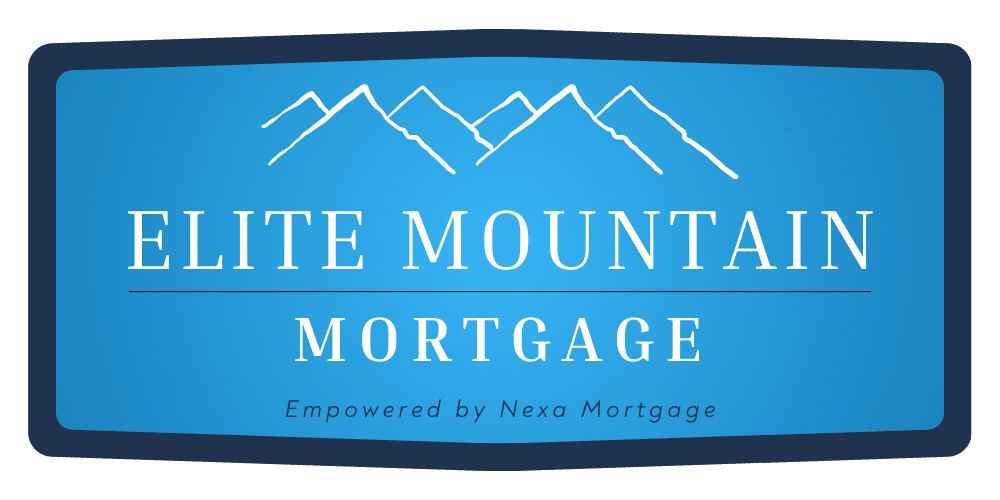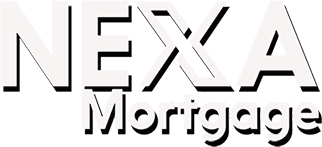
You’ve probably seen headlines like “Fed Raises Rates Again”—and maybe your stomach dropped if you were thinking about buying a home. But here’s the good news: the Fed’s rate is just one piece of the puzzle when it comes to mortgage rates.
At Elite Mountain Mortgage, we work with folks every day who are navigating the home buying process in a complex market. Our goal is to make the process more understandable and much less intimidating. So today, we’re breaking down what actually goes into determining your mortgage rate—and what you can do to improve yours.
1. Credit Score: The Biggest Player
Your credit score is like your financial reputation. Lenders look at it to determine how risky it is to lend to you. Higher scores typically mean lower rates. If you’re not sure where your credit stands—or you think it could use a little love—we can help you figure out your next steps before you even apply.
Quick tip: Pay down credit card balances and avoid taking on new debt while preparing to buy.
2. Your Loan Type Matters
There’s no one-size-fits-all mortgage. We offer FHA, VA, USDA, Conventional—and each has its own rate structure and qualifications. For example, VA loans often have competitive rates but are only available to eligible veterans and service members. USDA loans might offer lower rates too, but only in certain rural areas.
Our job is to guide you through your options, explain the pros and cons, and make sure you land in the best spot for your unique situation.
3. The Size of Your Down Payment
Generally, the more you put down, the better your rate. That’s because lenders see a larger down payment as a sign of financial stability. But we also understand that not everyone can (or wants to) put 20% down. And that’s okay—there are great loan programs with lower down payments that can still get you a competitive rate.
We’ll help you balance what’s realistic with what makes sense long-term.
4. Loan Term (30 vs. 15 Years)
Shorter loan terms typically come with lower interest rates. But they also come with higher monthly payments. If you’re planning to be in your home for a long time and want to build equity faster, a 15-year loan might be worth exploring. If cash flow is more important, a 30-year fixed could be a better fit.
We’ll run the numbers with you—because the best loan is the one that works for your life.
5. Yes, the Market Plays a Role—But You Still Have Control
Mortgage rates are tied to the bond market and economic conditions, including inflation and employment data. The Fed’s moves can influence these things, but they don’t control your mortgage rate directly.
Here’s the key takeaway: even when the market feels out of your hands, there are still plenty of things within your control. And that’s where we come in.
Let’s Make the Next Move Together
Whether you’re just starting to think about buying a home or you’re ready to get pre-approved, we’d love to help. At Elite Mountain Mortgage, you’re not just another number. We’re here to walk beside you, answer your questions honestly, and make the process feel simple—even when the market isn’t.
Get in touch today to schedule your free consultation. Let’s talk through your goals and build a plan that works for you.
Hi, my name is Haley Gant. I’m a Loan Officer with NEXA Mortgage LLC., offering personalized mortgage solutions, fast customized quotes, great rates and service with integrity.





